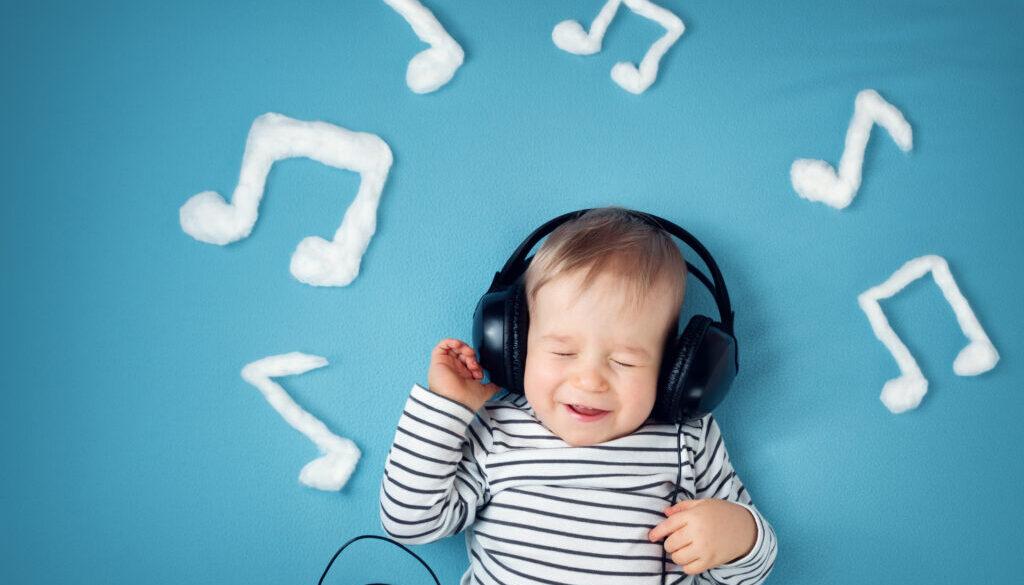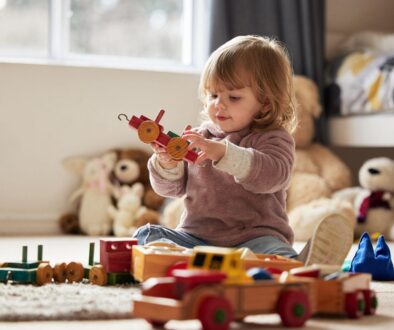Early Literacy and Music

Music ignites all areas of child development and skills for school readiness, including intellectual, social-emotional, motor, language, and overall literacy. It helps the body and the mind work together. Studies have shown that musical experiences in childhood can actually accelerate brain development, particularly in the areas of language acquisition and reading skills.
Some ways music can enhance early literacy include:
- Teaches a variety of language skills– Exposes children to the patterns of language including rhymes, spelling patterns, sentence patterns and parts of speech. Music can also help them learn the meanings of words.
- Improves attention and memory- Musical activities require children to listen attentively and hold patterns in their memory. These are precursors to developing successful reading skills.
- Develops complex forms of thinking- Music lights up both parts of the brain and research shows that early exposure to music can improve children’s spatial-temporal reasoning.
- Creates a positive attitude toward learning– Through music, caregivers can create social bonds with children and foster an environment in which early literacy learning is fun and engaging.
You can create a fun and nurturing environment for early literacy learning by:
- Playing different types of music- Quiet background music can be soothing for infants, especially during sleep time.
- Singing simple short songs to your child- Sing about everyday routines (bathing, dressing, eating) or sing simple rhyming songs. Encourage your child to tap or clap along.
- Providing opportunities for children to make their own music– Use everyday objects like pots, pans and spoons.
Music can be enjoyable and educational. It can enrich the lives of children and the people who care for them from the pure pleasure of listening, to gaining new language and social skills.





